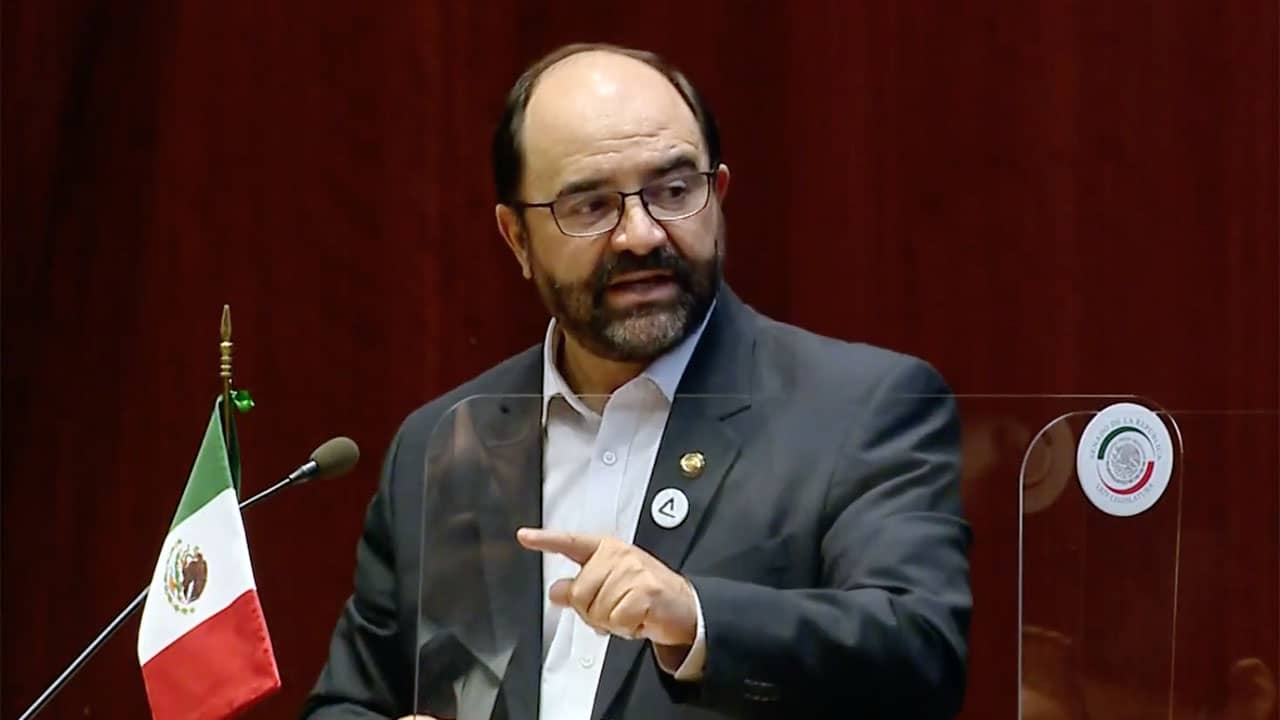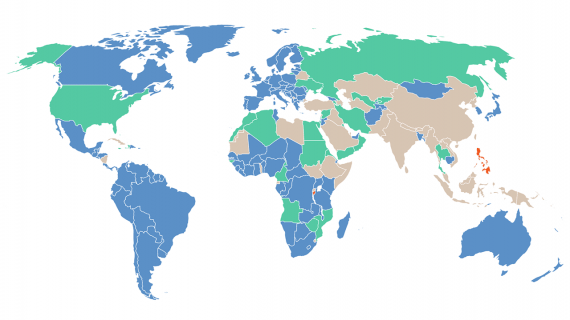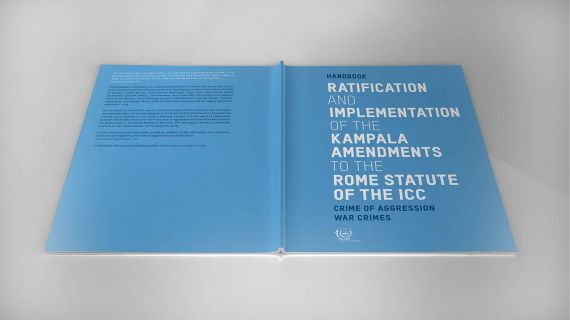
In September of this year, the Senate of the Republic approved the Amendments to Article 8 of the Rome Statute of the International Criminal Court.
The Rome Statute, probably the most accomplished or last generation product of international human rights law, is one of the most refined expressions that bets on civility and through which the respect, protection and promotion of human rights and the fight for international peace and security are observed.
Undoubtedly, the approval of these amendments contributes to the promotion, protection, defense and, above all, the guarantee of the human rights of the victims of crime and human rights violations. These efforts and legislative steps should lead us as a Mexican State to guarantee victims the right to memory, truth, justice, comprehensive reparation and non-repetition. We hope that this can be applied globally, where Parliamentarians for Global Action has much to say. Sen. Emilio Álvarez Icaza Longoria
On 19 August 2020, the Federal Executive submitted to the Senate for analysis and approval, a draft decree of ratification of the Kampala Amendments on war crimes and those approved by the 16th Assembly of States Parties on 14 December 2017. Both amendments proposed by Belgium, extend the list of forbidden weaponry in non-international armed conflicts.
Kampala Amendment to Article 8 on war crimes (2010)
Add to article 8, paragraph 2(e), the following:
(xiii) On the employment of poison and poisonous weapons;
(xiv) On the employment of gases, and analogous liquids and other materials;
(xv) On the employment of bullets which expand or flatten easily in the human body, such as bullets with a hard envelope which does not entirely cover the core or is pierced with incisions.
Amendments approved by the Assembly of States Parties to the Rome Statute (2017)
Add to article 8-2-b) xxvii) and article 8-2- e) xvi) of the Rome Statute Employing weapons, which use microbial or other biological agents, or toxins, whatever their origin or method of production;
Amendment to be inserted as article 8-2-b) xxviii) and article 8-2-e) xvii) Employing weapons the primary effect of which is to injure by fragments which in the human body escape detection by X-rays;
Amendment to be inserted as article 8-2-b)xxix) and article 8-2-e)xviii) Employing laser weapons specifically designed, as their sole combat function or as one of their combat functions, to cause permanent blindness to unenhanced vision, that is to the naked eye or to the eye with corrective eyesight devices.
On 31 August 2021, the joint committees of Foreign Affairs and Justice approved, in first reading, the ratification of amendments to Article 8 of the Rome Statute. The joint Committees’ decision was published on 7 September 2021. On 9 September, PGA member Sen. Emilio Álvarez Icaza, Member of the Justice Committee, presented the importance of these amendments to his colleagues during a plenary session, who unanimously voted to approve them (91 votes in favor). The decision was sent to the Executive branch for the deposit of the instrument of ratification of the amendments with the Secretary General of the United Nations. During his intervention, Sen. Álvarez Icaza mentioned that soon he will be presenting a draft cooperation law with the ICC.
With this Senate approval, Mexico reiterates its international and national commitments to human rights, justice and the rule of law. PGA will continue to support its members in Mexico to promote the full implementation of the Rome Statute and cooperation with the ICC.



